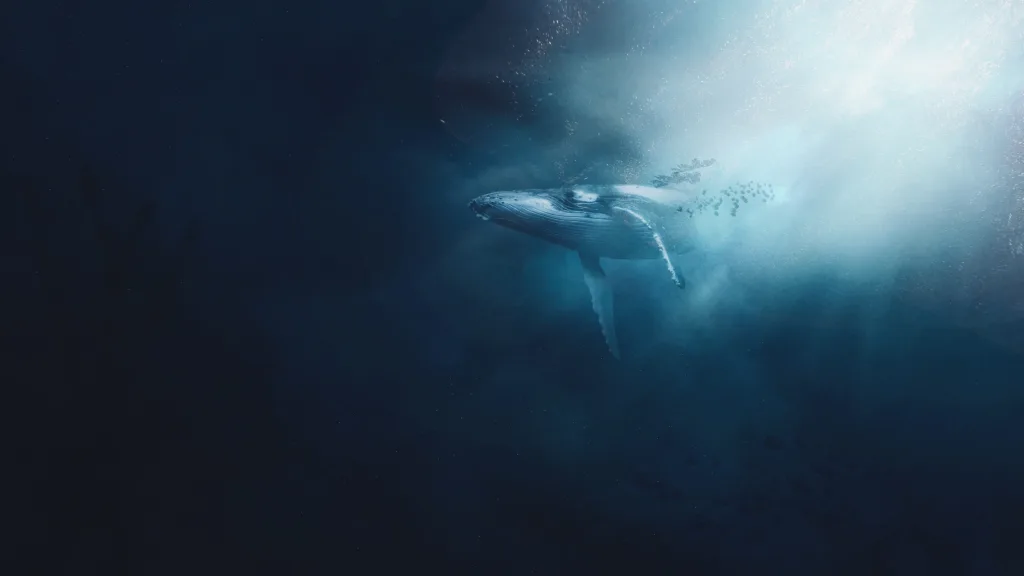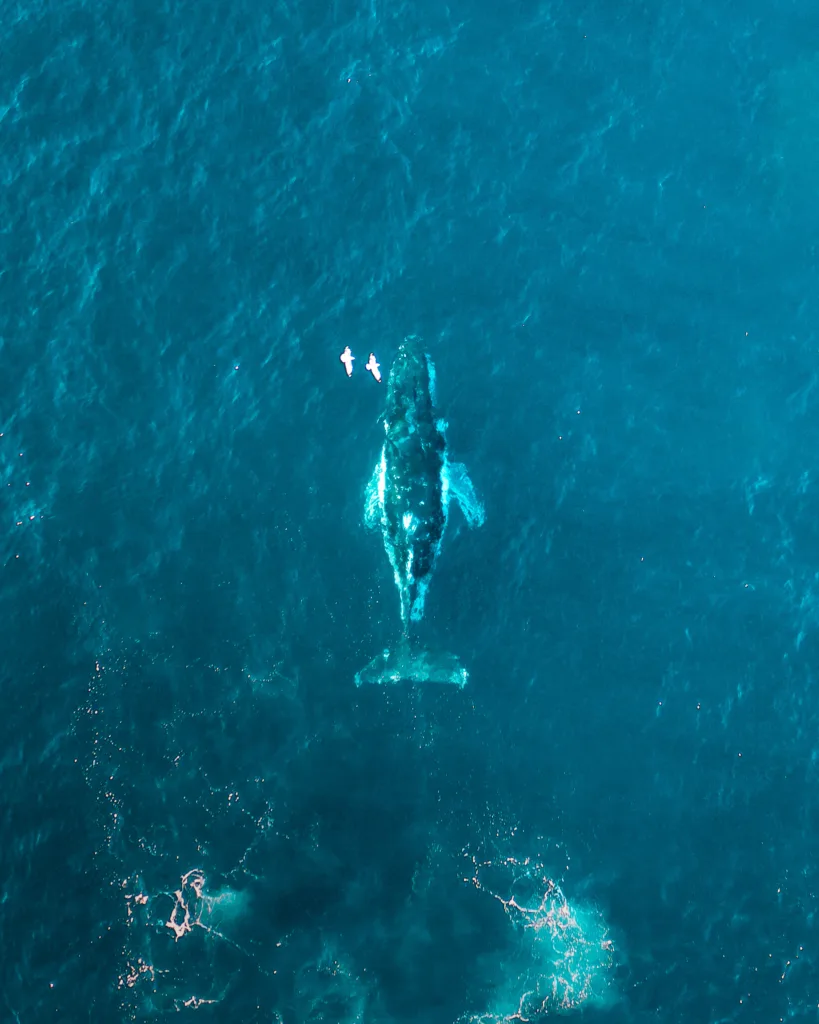Whales are magnificent creatures that have always fascinated humans. These marine mammals are famed for their massive size, unique songs, and their ability to travel across oceans. While we marvel at these creatures, many people wonder if whales ever die of old age. The answer is yes, whales do die of old age, just like any other living being.
Whales can live for a long time, some species can live up to 100 years or more. The oldest known whale was a Bowhead whale that lived to be over 200 years old. However, just like humans and other animals, whales eventually succumb to old age. As they age, their bodies begin to slow down, and their health declines. This can lead to a variety of health issues, including weakened immune systems, decreased mobility, and reduced reproductive capabilities.
Old age is not the only cause of death for whales. There are several other factors that contribute to the death of these magnificent creatures. One of the biggest threats to whales is human activity. Whaling, pollution, and injuries from ships are just a few examples of how humans impact whale populations. These activities can cause physical harm to the whales, leading to their death.
Whales can also beome entangled in fishing nets or other debris, which can prevent them from surfacing to breathe. This can lead to drowning, as they are unable to get the oxygen they need. Additionally, some whales may become stranded on beaches, which can lead to death due to dehydration.
When a whale dies, its body begins to decompose. The internal organs begin to break down, and the body expands with gas, causing it to float to the surface. This can attract scavengers such as sharks and seabirds, who feed on the carcass.
Whales do die of old age, just like any other living being. However, they also face many threats from human activities and other factors that can lead to their death. As we continue to learn more about these amazing creatures, it is important that we do what we can to protect them and their habitat, so that they can continue to thrive for generations to come.
Do Whales Drown When They Age?
Whales, like all living creatures, eventually die of old age. However, unlike humans or many other animals, whales do not experience the same decline in physical abilities as they age. They are able to swim, hunt, and migrate throughot their entire lives, which can last up to 100 years or more in some species.
That being said, whales can still drown at any age if they are unable to reach the surface to breathe. This can happen if they become entangled in fishing nets or other debris, or if they are injured or sick and unable to swim to the surface. In these cases, the whale may not be able to get the oxygen it needs and will eventually suffocate or drown.
It is important to note that human activities, such as commercial fishing and pollution, are significant threats to whale populations and can increase the likelihood of accidental drownings. Therefore, it is crucial that we take steps to protect these magnificent creatures and their habitats to ensure their survival for generations to come.

Causes of Death in Whales
Whales can die from a variety of causes. One of the most significant threats to whales is human activity, such as hunting, pollution, and injuries caused by massive ships. These activities can cause significant harm to whales, leading to their death. Additionally, whales may die from natural causes, including old age, starvation, infection, and complications while giving birth. In some cases, whales may become beached, which can lead to their death. Overall, there are several factors that can contribute to the death of whales, including both human and natural causes.
The Effects of Aging on Whales
When whales get old, they experience various changes in their bodies, such as decreased mobility, weakened immune systems, and reduced reproductive capacity. As a result, they becoe more vulnerable to predation, disease, and environmental stressors. When a whale dies, the process of decomposition begins, and the carcass provides a valuable source of nutrients and energy for a wide range of scavengers and decomposers in the ocean ecosystem. Initially, bacteria and other microorganisms break down the soft tissues of the whale, releasing gases that cause the body to bloat and float to the surface. This attracts a variety of scavengers, such as sharks, seabirds, and other marine animals, that feed on the carcass. Over time, the whale’s bones and other hard parts sink to the ocean floor, where they continue to provide habitat and nutrients for a variety of deep-sea creatures. Overall, the death of a whale is a natural and important part of the ocean’s nutrient cycle and ecosystem.
The Impact of Not Swimming on Whales
Whales are highly adapted marine mammals that have evolved to swim constantly in order to maintain their body functions. If a whale stops swimming, it can lead to a number of health complications that can ultimately result in death.
For example, when whales stop swimming, they are unable to circulate oxygenated blood to their vital organs, which can lead to organ failure. Additionally, whales are not able to regulate their body temperature effectively when they are not swimming, which can result in overheating or hypothermia.
Moreover, whales that are not swimming are also at risk of becoming stranded on land, which can cuse severe stress and injury to their bodies. Stranded whales can experience dehydration, muscle and organ damage, and even suffocation if their blowholes become obstructed.
Therefore, it is important for whales to continue swimming in order to maintain their health and survival. If a whale is unable to swim for any reason, it may require intervention from humans to help it return to the water or receive medical treatment to address any health issues that have arisen.

Conclusion
In conclusion, whales are majestic creatures that play an essential role in our planet’s ecosystem. Unfortunately, human activities such as hunting, pollution, and injuries from massive ships have caused a significant decline in whale populations. The death of whales can occur due to a variety of reasons, including old age, starvation, infection, complications giving birth, or becoming beached. Moreover, cetacean stranding often leads to death due to dehydration. It is crucial for us to be aware of the impact of our actions on tese magnificent animals and take steps to protect their habitats and prevent their deaths. By understanding the importance of whales and their role in our ecosystem, we can work towards a future where these incredible creatures thrive and continue to enrich our planet.
